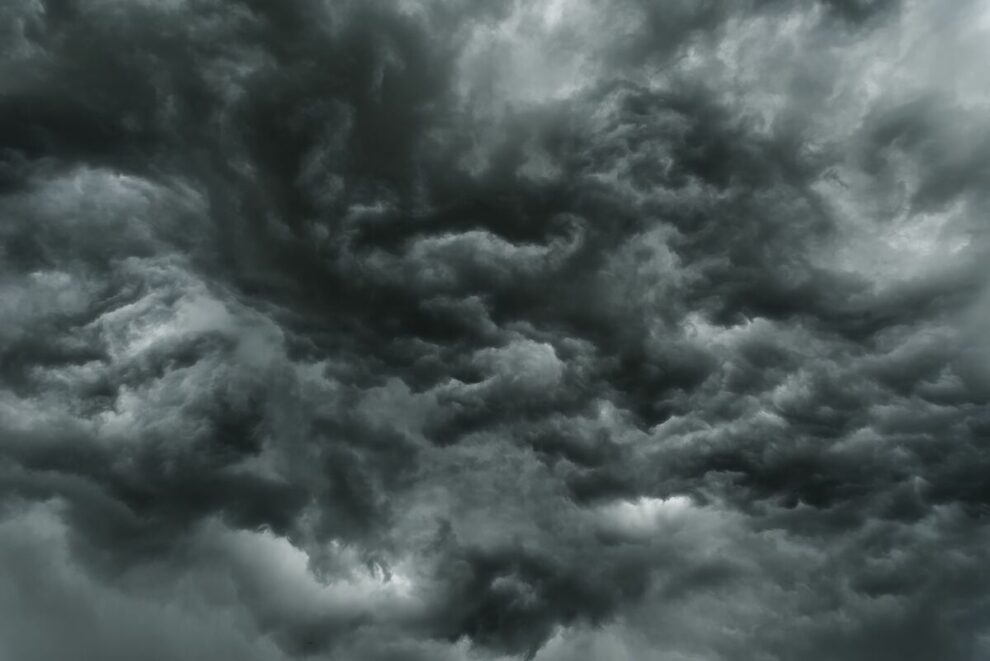With spring finally staggering toward us in a thick sweater, the New York Times “Climate Fwd.” newsletter is full of suggestions for a greener lawn. By which they don’t mean the old suburban ideal. Rather, they say America’s lawns, roughly the size of Florida in total, are bad for the environment: too many pesticides, too much irrigation, too little biodiversity. So they advocate native grasses and plants, low-maintenance ground cover, and a flower bed or kitchen garden for a genuinely “green” yard. As for climate, the piece barely mentions it except to deplore gas mowers, welcome relief from the normal obsession that global warming is the only environmental issue, and the giddy utopian conviction that all good things are one, so if making a habitat for a cardinal is worthwhile for its own sake it must somehow automatically fight climate change too.
The Times piece appeals on many levels including, not by accident, that their proposals involve less yardwork than the maintenance of a golf green outside your house. Also, the point about biodiversity is very important. Lawns, they say, “provide no habitat for bees, butterflies or the birds that feed on the insects.”
Not everyone is really hoping to open their front door and have a bee leap joyously into their arms. Nor ideally would you make a lovely spot for, say, mosquitoes. But lawns genuinely are dead zones and everybody wants birds. Besides, the roughly 60 million pounds of pesticides Americans put on their lawns a year, along with 7 billion gallons of water a day, is a lot for such a dismal result. (It might also be added that lawns at least used to include clover. But when pesticides turned out to kill it, it was reclassified as a weed to the point that finding grass seed that includes it is very difficult.)
Canadians are even harder-pressed to maintain lawns in a climate not ideally suited to them. And there’s no reason not to prefer other sorts of nature at our doorstep and much reason to do so. But to repeat, the best thing about the piece is that it recognizes the existence of environmental issues other than climate and does not make the utopian assertion that they’re all basically one. It can’t restrain itself from mentioning that gas mowers and leaf blowers use fossil fuels and “These emissions contribute to climate change.” But it’s so half-hearted as to be pro forma.
This attitude deserves commendation because it’s worth fighting plastic in the oceans. (Though bear in mind that the best way to do that is to stop recycling). It’s worth creating urban habitat for birds and putting up a bat house. It’s worth worrying about pesticides, invasive species and smog. It’s worth fighting noise and light pollution. Indeed, most of these are far more urgent than carbon dioxide emissions if those are even a problem (except the problems, notably smog, that have substantially been dealt with in the industrialized West over the past half century).
Climate Fwd. is not always given to striking a reasonable tone. But this article does so, in a calm and constructive tone well worth… cultivating.


